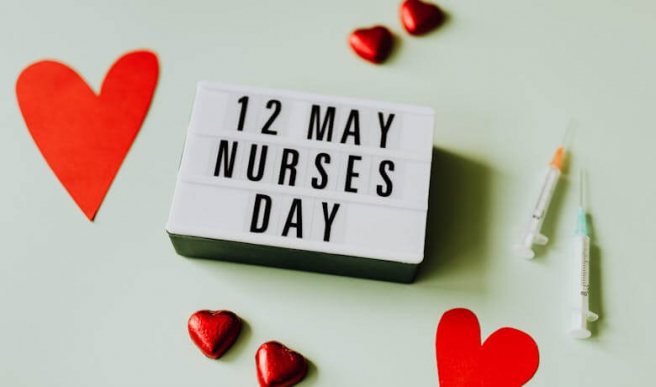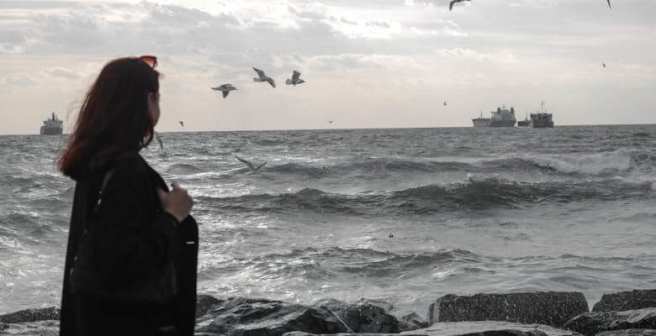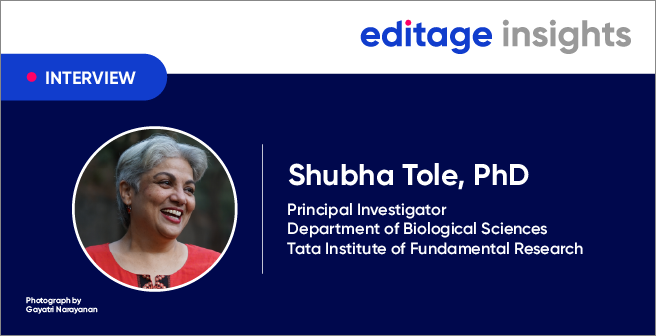A welcome and a warning: Prioritising radical dependence, reciprocity and rest in the PhD

Editor’s note: This post was originally published on the RGS-IBG Postgraduate forum. It has been republished here with permission.
In February of this year, I handed in my PhD thesis at the admissions office on the campus of the University of Birmingham and headed off to Shropshire for a holiday with my partner. Three weeks later, my life had changed but, unusually this time, so had everyone else’s the world over. A couple of days before I handed in my thesis, I had a call from the Department of Geography at the University of Cambridge to interview for what is now my postdoctoral position on urban ecologies and governance of the more-than-human city. With a history of health anxiety, I had been in overdrive about coronavirus since January and was already well stocked up on masks and hand sanitizer. In Ludlow, where we were staying, this was compounded by the vegan Japanese café being open only for takeaway on the advice of the Japanese government. Our own government were, as we now know, delaying the inevitable in Britain. On the Thursday, we left for Cambridge for my job interview. One week later, my friend was brought home from overseas fieldwork and was staying with us and we’d self-imposed a quarantine. Another week later, we were in lockdown. In other words, this was almost exactly how I always expected my PhD to finish: with humanity plummeting towards the end of the world.
I concede, I am dipping my toe into melodrama but at the end of four and a half long years of constantly pushing forwards, the externally enforced stop of not only my PhD, but most of my life and world led to a necessary and serious period of rest and reflection (as well as scrubbing every surface in the house daily, more time on video calls than I care to remember, and sleepless nights worrying about the future). My PhD had been a wonderful, disastrous, brilliant and harrowing time. It was a time that allowed me to learn and develop my research, build friendships with new and fascinating people from around the world, and experience all sorts of unforeseen adventures. However, it was also a constant battle to enter spaces that were never meant for me, coming up against bullying and harassment, and struggling to belong and become fluent in these alienating spaces of the academy. When the PGF blog post co-ordinator, Helen, asked if I would like to write a blog post for this series, I leapt at the opportunity to reflect on my PhD and to write for those just starting out their exciting and terrifying PhD journeys. Then, I sat down to write, and the problem fell upon my shoulders: how do I both welcome and warn new researchers? How do I at once hold my anger, secrets and pain with my joy and appreciation of the journey I am fortunate to have had? And, if these spaces are so violent, (how) should we be encouraging new scholars – especially those who don’t adhere to the male, pale and stale norms of academia – to enter them with care?
When I applied for my PhD, I was not a ‘good student’. I was notorious for missing lectures, disengaging in seminars, spending my time doing anything rather than studying. But this changed when I met my future PhD supervisor in the final year of my undergraduate degree. She was then a newly hired lecturer running a course on mediated geographies. The first lecture, she arrived in flower-patterned Doc Marten’s with a pile of The Big Issues and Metros to analyse and, over the next weeks, taught us about Tracey Chapman, Persepolis, and critical readings of textuality, consumption, production and materialities. I didn’t miss a single lecture. What she also did was require every student to meet with her twice to discuss their projects individually. I had never been to an office hour before, never reached out to a member of staff for a chat, didn’t know my peers were just popping in to talk and thereby improving their work and knowledge. Her care and dedication to her students at all levels, my future supervisor welcomed me, took me seriously, and encouraged me. I felt like I could belong, and that was what willed me to stay. My PhD has been a similar experience of not knowing, learning, not belonging, and changing. One of the most important reflective realisations I have is that in feeling my way to and through my PhD, I worked with a supervisor who cares, inspires, and worked reciprocally with me and my work. I have seen supervisory relationships that range from professional through to close friends but being clear about what you want and need in this relationship will be vital to not only success, but to happiness within and outside of your academic life.
As a self-funded PhD student who began full-time study but converted to part-time after a year, engaging with activists and their work, and openly challenging my department near constantly on racism, misogyny, transphobia, ableism, bullying, and the marketisation of higher education, I have fallen on the ‘wrong’ side of all manner of ‘dos and don’ts’ of postgraduate study. The recurring debates over whether students should be allowed to self-fund PhDs, the often-whispered advice to keep your head down and just get out, and the derision of researchers whose motivation is primarily outside of the academy have bitten at my heels over the last few years. The first time, it was like a punch in the stomach: I don’t belong, I’m not welcome here. The second time: that still hurts. The third, fourth, fifth: maybe it’s not me, maybe it is them, maybe it is here. Eventually, you start to realise you aren’t the only one struggling with the notorious and widespread impostor syndrome that afflicts so many of us. Sometimes, this isolation is manifesting in others’ behaviour and opinions that are antithetical to an open, inclusive and radical university. This is encouraged in the neoliberal higher education sector, pitting us against one another in never-ending individualism and competition for attention, publications, grants, and on and on. Impostor syndrome needs to be reframed from a personal struggle and instead understood as an intended symptom of a system that values and demands overwork and what David Graeber might have called bullshittery; it works to keep us producing and productive by entangling our labour with our identities, obliterating the separation of work and life.
In this neoliberal and hyper-individualised climate of higher education, the things we need to think with and work with are the same things being eroded by overwork. Friendship, rest, collaboration, and slowness need to be part of a collective reframing of success and failure in the PhD and beyond. The impulse to entangle our identities with our work is a powerful one, but when this consumes everything else that we are, we also damage ourselves, our relationships, our worlds and the work itself. Maintaining lives, communities, interests and activities outside of the university and workplace is necessary to surviving a PhD, but it is more important than this, it is part of just being. They are vital for keeping the PhD in perspective, and for rooting us in places that we do belong where so often the university does not offer this security. Simultaneously, the friendships and collaborations that you will build through your PhD are vital not for getting ahead, but for collective care and community. Instead of focussing on research networks and instrumentalising one another, might we instead prioritise friendships that exceed our shared work? Might there be hope still for other possible ways of relating that fit with a vision of a radically open university where we are not in competition but collaboration? The years of my PhD were a steep learning curve of my research and teaching, but also of my politics, ethics and practice that ultimately demanded that transformation cannot be left for later, and that these are not extraneous to our research but shape what we can do and how we can do it. Our academic community and knowledge rely on radical dependence on one another and new ways of doing and being together cannot only be theoretical but must be lived.
Catherine’s recommended reading list for geographers starting a PhD
- Audre Lorde. 2003. “The Master’s Tools Will Never Dismantle the Master’s House.” Feminist Postcolonial Theory: A Reader 25: 27
- Divya P. Tolia-Kelly. 2017. “A Day in the Life of a Geographer: ‘Lone’, Black, Female.” Area 49 (3): 324–328.
- Elly Harrowell, Thom Davies, & Tom Disney. 2018. Making Space for Failure in Geographic Research. The Professional Geographer, 70(2), 230–238.
- James D. Todd. 2020. Experiencing and embodying anxiety in spaces of academia and social research. Gender, Place and Culture.
- Jennifer Carter, Erin F. Smith, & Francisco Gelves‐Gomez. 2018. Doctoring knowledge or acknowledging doctors? Geographical Research, 56(4), 484–488.
- John Horton. 2020. For diffident geographies and modest activisms; questioning the ANYTHING‐ BUT‐ GENTLE academy. Area.
- Patricia Noxolo. 2017. “Introduction: Decolonising Knowledge in a Colonised and Re-Colonising Postcolonial World.” Area 49 (3): 317–319.
- Samantha M. Saville. 2020. Towards Humble Geographies. Area.




